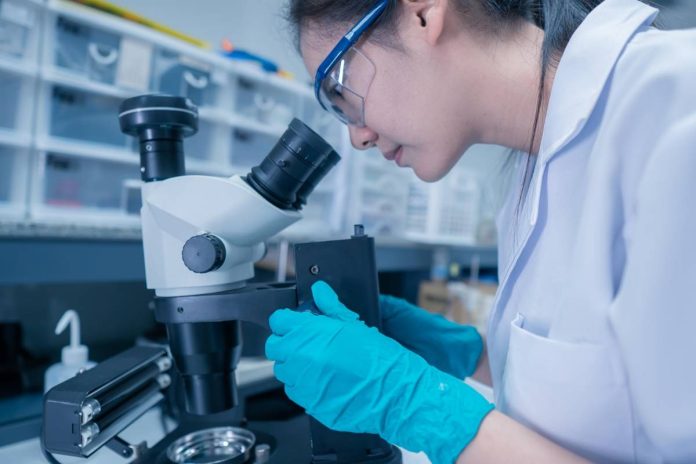A laboratory is a room with many devices where medics do scientific experiments, analysis, and research. It helps healthcare providers evaluate and understand diseases and infections. Doctors carry out many tests in a laboratory to diagnose health conditions for effective treatment. Lab tests help identify the changes in your health condition, provide a treatment plan for your problem and evaluate the response to treatment. Laboratory services Otsego, MN, are usually a part of a routine check-up. Lab tests may involve blood, urine, or tissue samples. There are many tests done in a laboratory, and below are some.
Urinalysis
Urinalysis measures the pH, concentration, amount of sugar and protein in your urine, bacteria, crystals, and the number of red and white blood cells in your urine. Your doctor can use urinalysis to detect urinary tract infections, pregnancy, or metabolic and kidney disorders. Urinalysis also helps doctors monitor the progress of specific conditions like kidney disease. The test can be a part of your wellness exam.
Complete blood count (CBC)
The complete blood count is the most performed blood test. It measures the number of cells in your blood, including red and white blood cells and platelets. CBC test can determine your overall health and nutritional status. Doctors can use this test to evaluate symptoms like weakness, fatigue, and bruising and diagnose conditions like anemia, malaria, leukemia, and infections.
Basic metabolic panel
Basic metabolic panel checks for glucose, sodium, potassium, chloride, and blood urea nitrogen. These components help identify your blood sugar level, kidney function, electrolyte, and fluid balance. To get accurate results, your doctor may suggest you do not eat twelve hours before your test. The basic metabolic panel helps your provider understand how well your medications work. This test can be part of your routine check-up.
Cultures
Cultures help doctors diagnose the organisms causing your infection. They detect bacteria, fungi, viruses, or parasites from urine, blood, reproductive system, throat skin, or cerebrospinal fluid. Cultures can help diagnose and develop the appropriate treatment for conditions like meningitis, urinary tract infections, pneumonia, and strep throat. Cultures results take longer, so they are unnecessary if your doctor can diagnose an infection through symptoms or other speedier tests.
Thyroid panel
A thyroid panel checks how your thyroid produces and reacts to certain hormones like thyroxine and thyroid-stimulating hormone. The thyroid is a small gland in your neck. It regulates body functions like mood, energy level, and metabolism. An imbalance of these hormones can indicate low protein levels, thyroid growth disorders, or abnormal levels of testosterone or estrogen.
Lipid panel
A lipid panel involves your doctor taking your blood sample to determine your risk of heart disease. It checks for triglycerides and cholesterol. These aspects help your doctor know if you are at risk of developing heart disease. The doctor will consider lipid panel results with other known risk factors to create a treatment plan and follow-up care.
Laboratory tests help doctors diagnose medical conditions to develop appropriate treatments. The commonly used lab tests include urinalysis, CBC, basic metabolic panel, cultures, thyroid test, and lipid panel. Schedule an appointment at GatherWell for laboratory services to diagnose the cause of your condition.



















